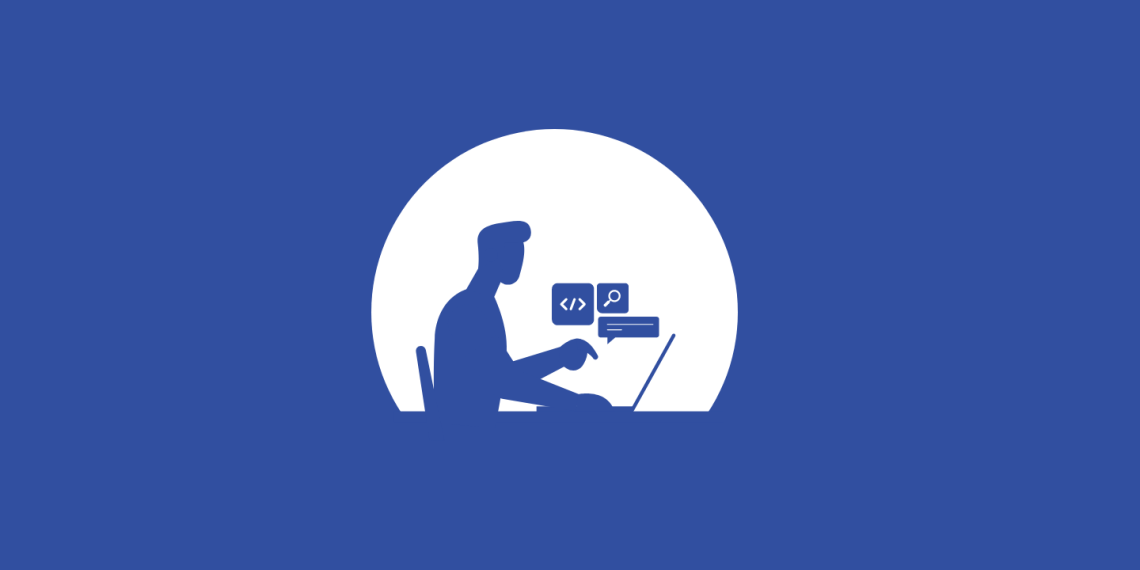Java has been one of the most popular languages for decades now. Every year there are more developers, and despite the abundance of offers in the labor market, competition is growing. To be able to send your resume to the best Java developer jobs and get at least an invitation to an interview, and ideally a position, you need to constantly upgrade your skills. Which of them will help you become the best Java developer? Let’s try to figure it out right now.
Table of Contents
1. High level of knowledge of Java 8
Despite the emergence of newer versions, Java 8 remains the foundation that developers need, especially beginners. This version became the basis not only for optimization in Scala, Kotlin, and Grails. Its wide functionality makes it possible to optimize machine code, create interfaces with the implementation of methods, ensure parallelism of the code, and create applications with optimized code and high load.
2. Testing
We are talking about unit tests, which are a controversial topic among developers. Many consider them useless, but the skill of testing allows you to check individual blocks of code. As a result of such checks, the likelihood that the product will eventually work without errors is much higher. The most commonly used testing tools are: JUnit 5, Robot Framework, Mockito, and PowerMock, and it is with them that you need to learn how to work.
Skills in other types of testing will not be superfluous. A high-end Java development professional knows that it’s better to spend a little time testing than fixing bugs in the final product. Even minor edits can lead to significant changes in the result.
3. Libraries and APIs
The deeper the knowledge of libraries and tools, the wider the possibilities for the developer, making work faster, more efficient, and better. Therefore, the description of senior Java developer remote jobs necessarily includes the requirement to own libraries and APIs.
If you are a beginner Java developer, the required set of tools looks like this: Gradle, Maven, Java 8 packages, Spring, JPA ORM (Hibernate, TopLink), MongoDB, and Cassandra. With their help, you can quickly build an application. Even if you are just starting out in Java development, you can master all these tools as they come with documentation.
4. Knowledge of the Spring Framework
A few words about Spring have already been said above in the list of basic tools. Spring is all about flexibility and Spring Boot is all about code reduction and ease of development. Spring Boot is ideal for applications that have a limited amount of time to build. It is used in various fields, from production to testing.
5. Big data
Professional Java developers simply cannot ignore Big Data. This trend is constantly growing and developing, offering Java developers convenient tools for their work.
Apache Spark is a platform with its own bindings for Java. The wide functionality and high performance allow developers to work with big data in the Java community.
Hadoop is used for data storage. The tool allows you to process data. Its performance and speed are lower than the previous platform, but nevertheless, it is very popular due to its plugins for efficient task-solving.
And also be sure to pump soft skills. Loner developers who write code and do not communicate with the outside world are a thing of the past. They are being replaced by a young talented generation that knows how to properly build communication, work in a team and teach themselves. Therefore, it’s difficult to make it in the IT market today without these qualities.

